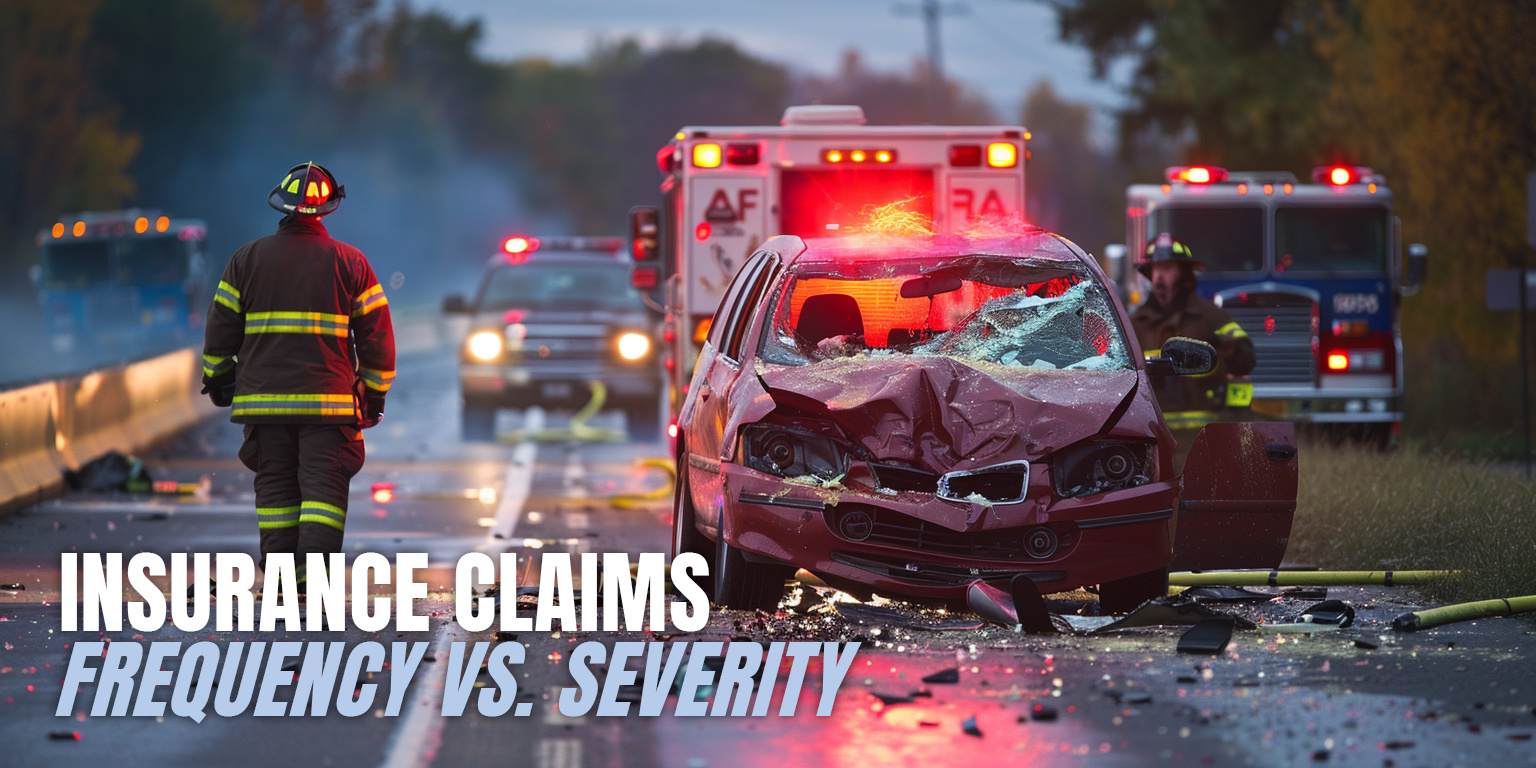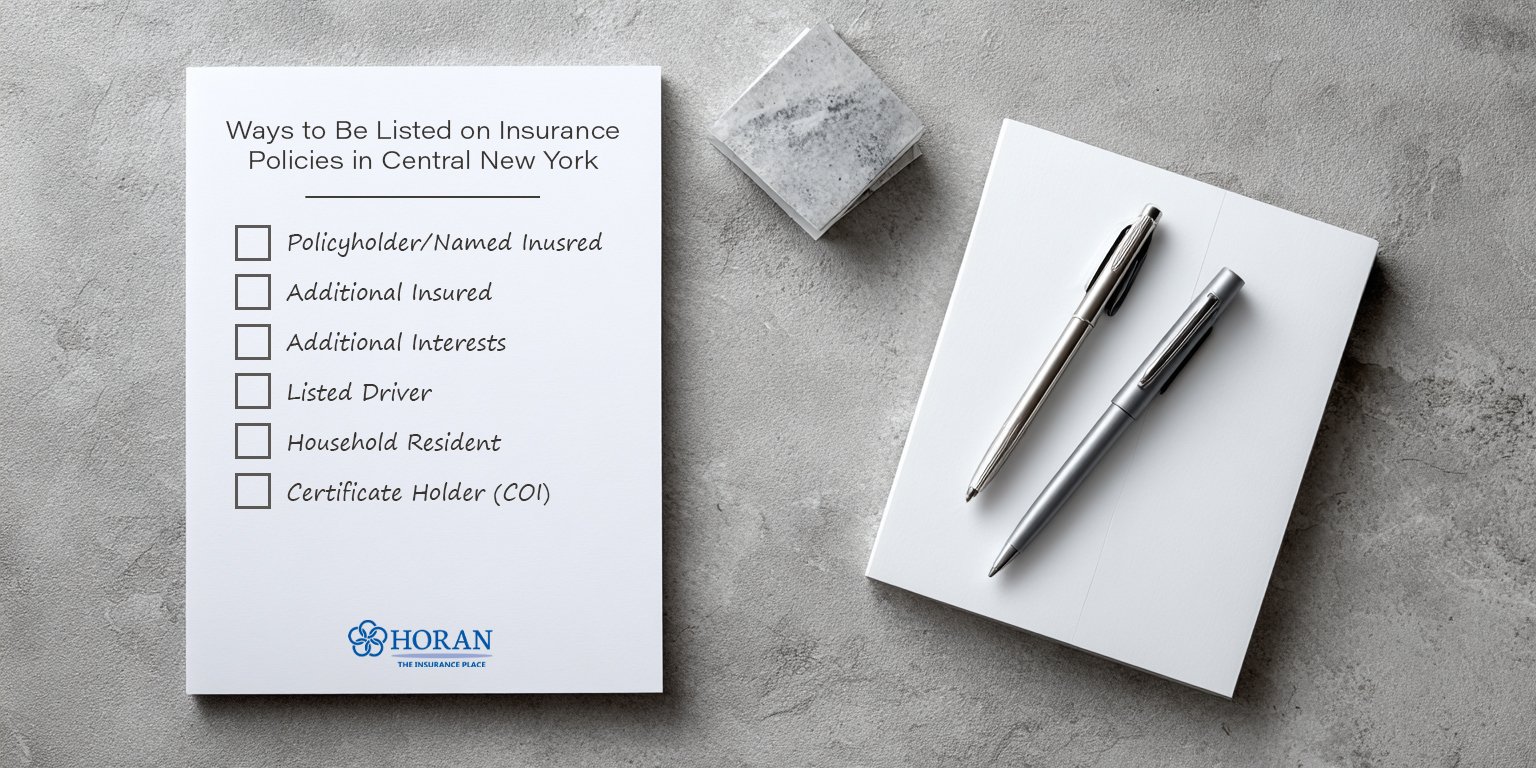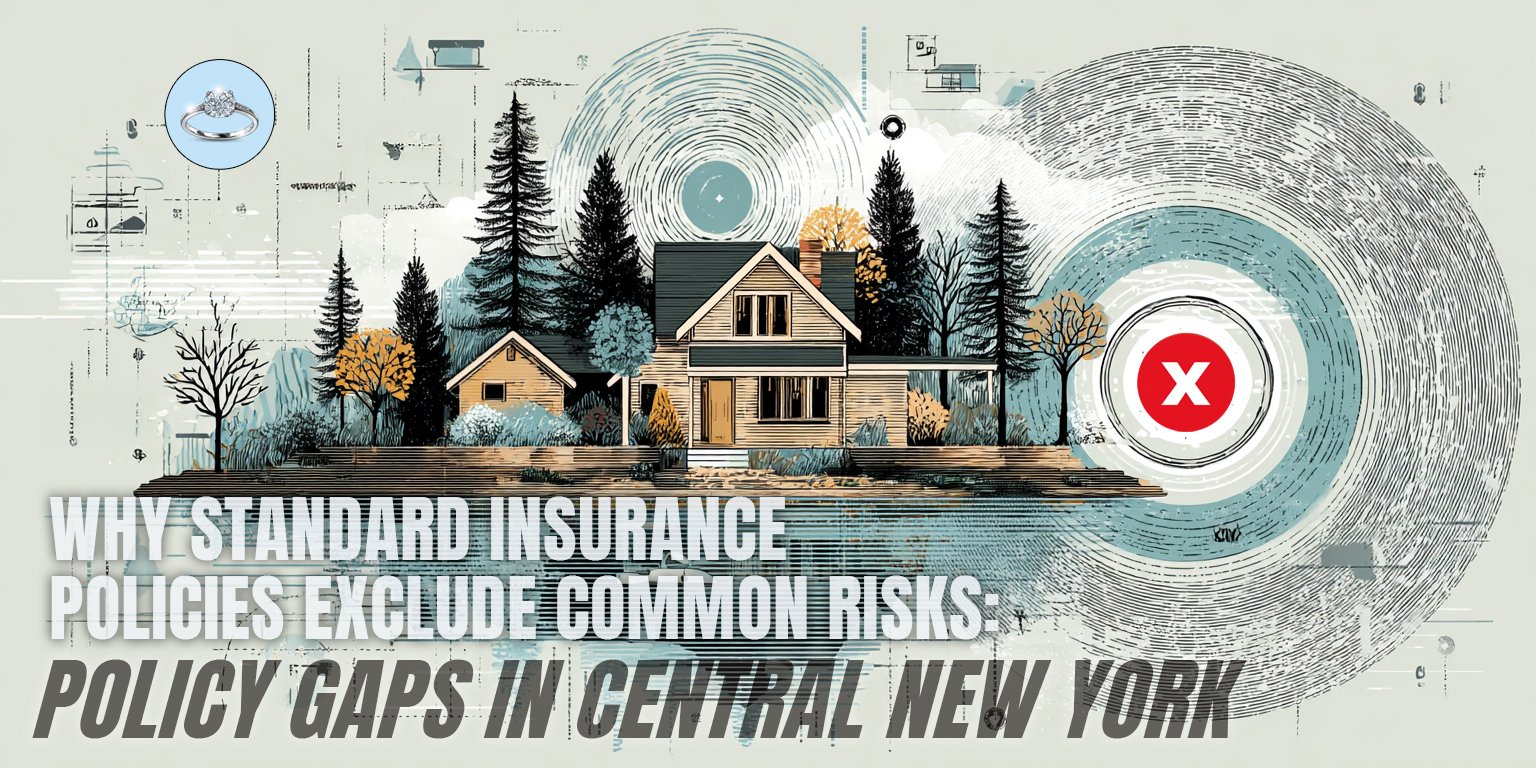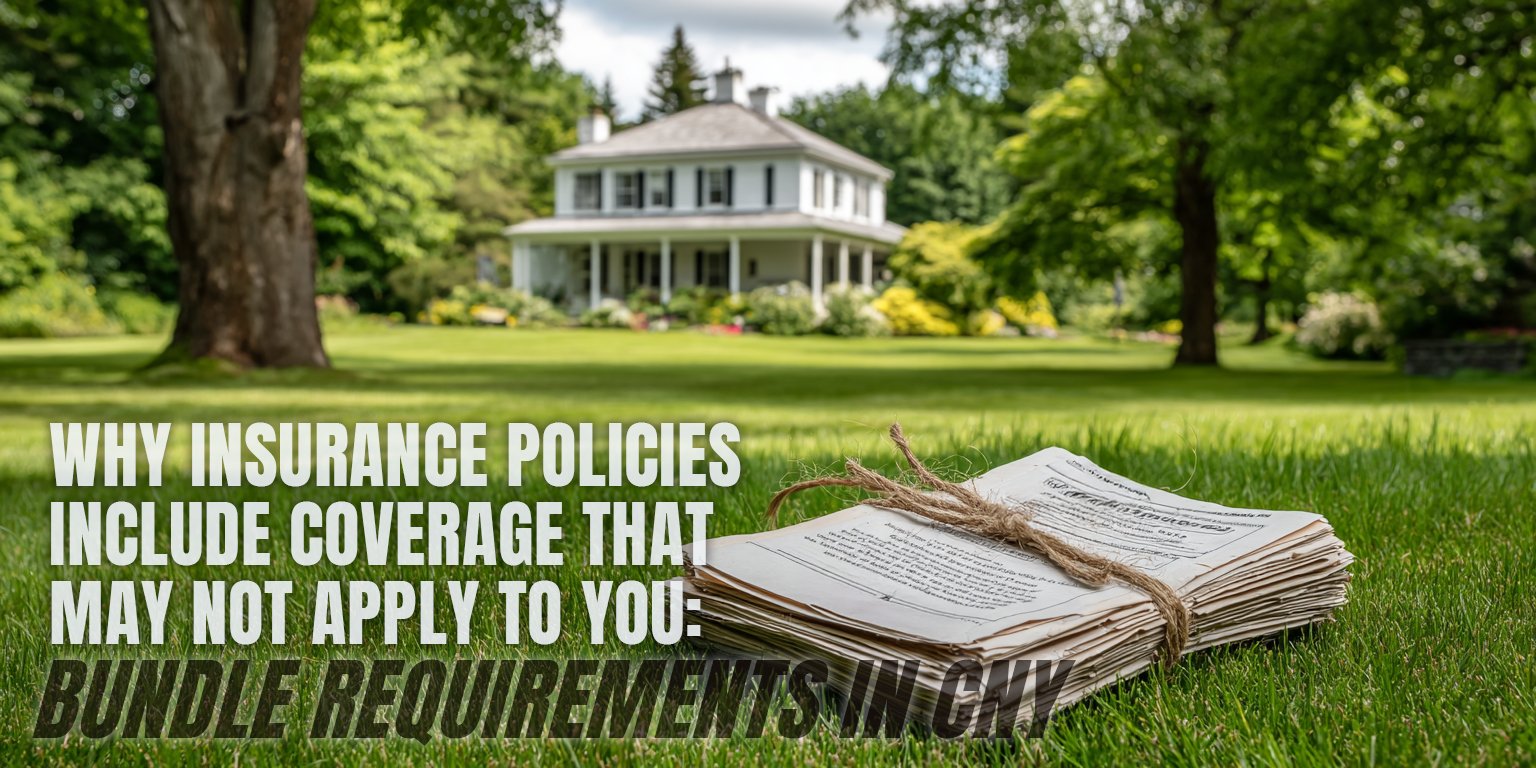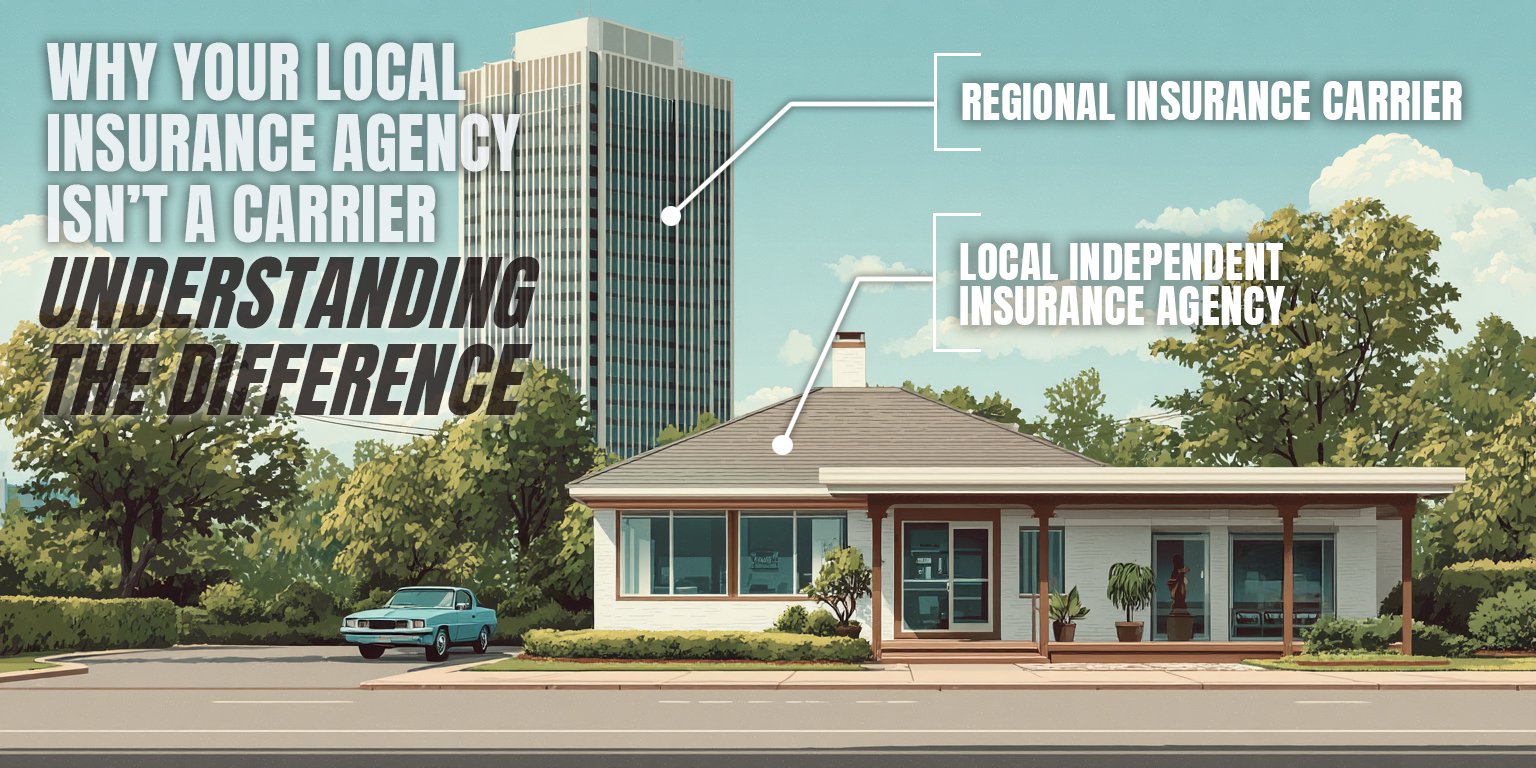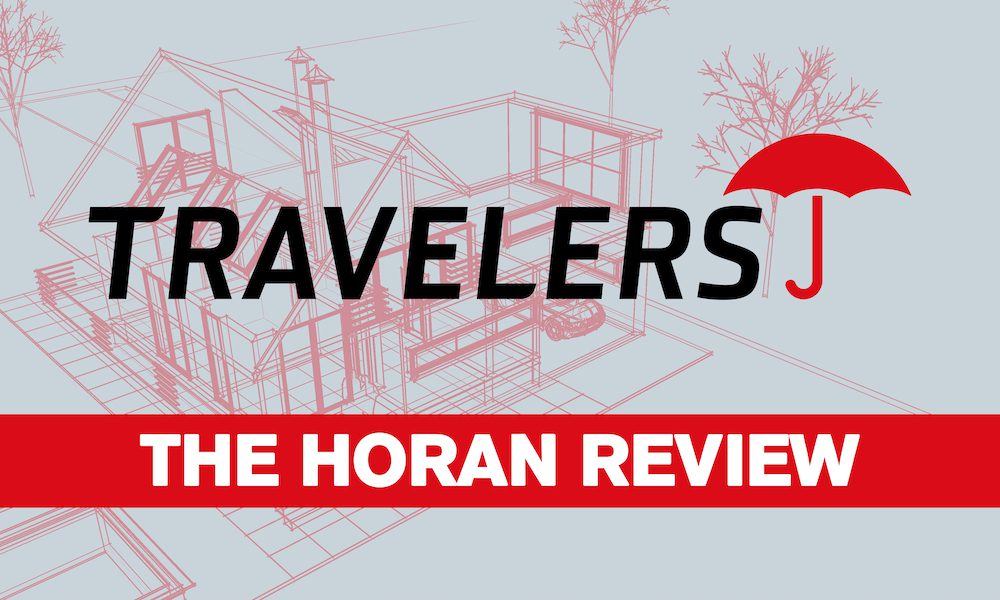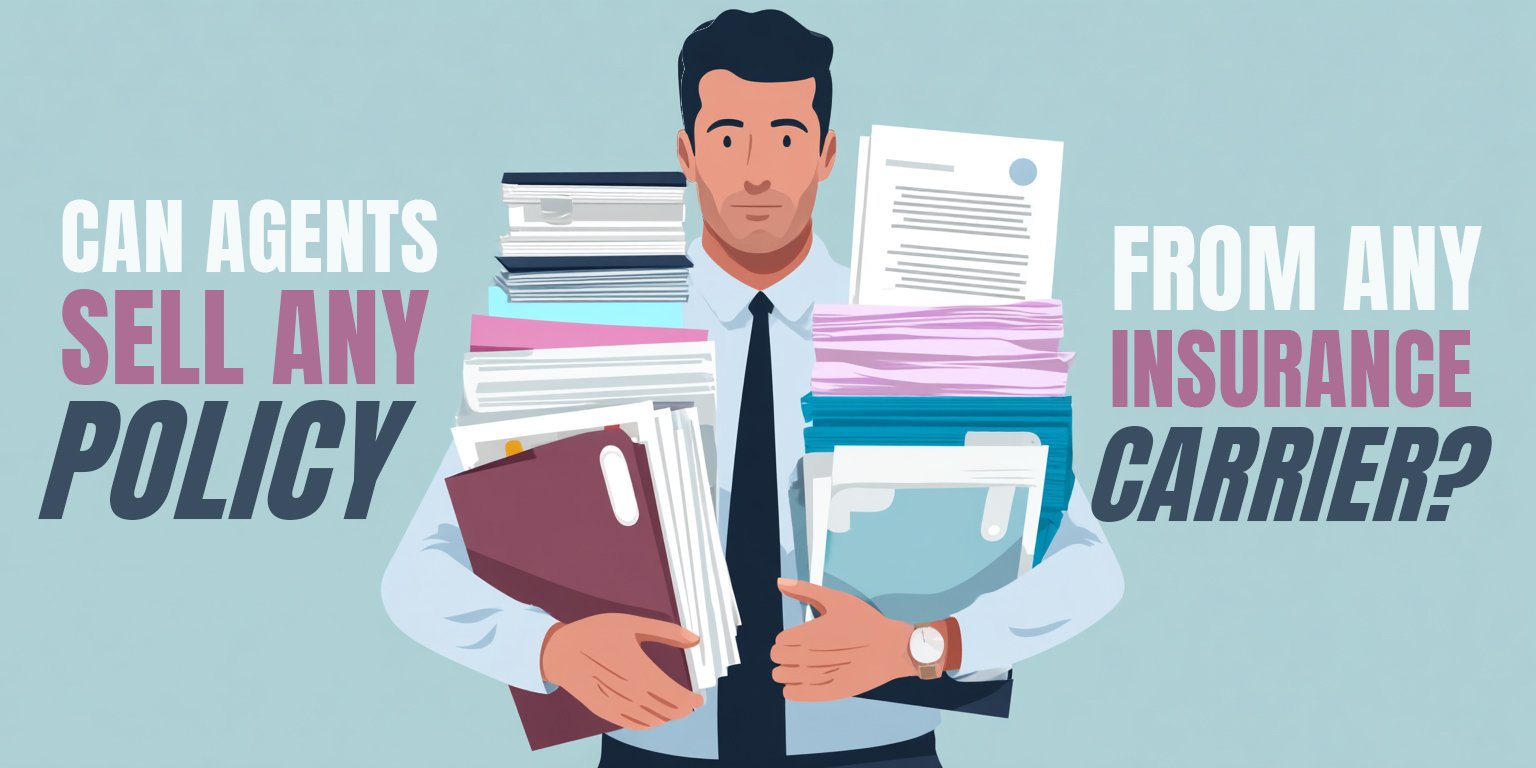Understanding Insurance Binders, COIs, and Quotes: Essential Documentation for Your Central New York Property Transactions
April 2nd, 2025
4 min read

The final stages of buying a home or vehicle often bring unexpected document requests that can delay or even derail your transaction. When lenders or dealerships suddenly demand an "insurance binder" instead of the quote you've already obtained, confusion and frustration follow. This documentation mix-up happens frequently throughout Central New York, leaving buyers scrambling at the last minute.
At the Horan insurance agency, we guide clients through the confusing world of insurance documentation required for property transactions. We provide information about the different types of insurance documents and when each serves a specific purpose in the buying process.
In this article, we'll explore the critical differences between policy binders, Certificates of Insurance (COIs), and insurance quotes, explain when each document serves your needs, and show why understanding these distinctions helps you avoid delays in your property transactions.
Why Insurance Documentation Matters During Property Transactions
The terminology surrounding insurance documentation creates significant confusion for property buyers. Many people use terms like "binder," "certificate," and "quote" interchangeably—but they represent completely different documents with different purposes.
Without the correct documentation, lenders and dealerships can't proceed with finalizing your transaction, leading to delays, rescheduling, and additional stress during an already complex process.
The documentation requirements exist for good reason—they confirm you have appropriate coverage in place to protect both your interests and those of any lenders or finance companies involved in the transaction. Understanding these differences helps ensure smooth, timely property transactions throughout Central New York.
 What Makes Insurance Quotes Different from Actual Coverage
What Makes Insurance Quotes Different from Actual Coverage
An insurance quote represents only an estimate of potential coverage costs based on the information you provide. This document:
- Shows approximate premium amounts
- Outlines potential coverage options
- Typically expires after 30 days
- Provides no actual insurance protection
Many Central New York residents mistakenly believe a quote activates coverage, but it merely shows what coverage might cost if purchased.
Quotes serve an important role early in your property search by helping with budgeting, but lenders and dealerships won't accept them as proof of insurance.
How Insurance Binders Provide Temporary Coverage During Policy Processing
Unlike quotes, insurance binders deliver actual temporary coverage while your formal policy undergoes processing. This document:
- Creates a legally binding agreement between you and the insurer
- Provides immediate coverage for specified risks
- Includes an expiration date (typically 30-90 days)
- Satisfies lender and dealer requirements for proof of insurance
Insurance binders become necessary when you need immediate coverage—such as the day you close on a home or drive a new vehicle from the dealership—but before the insurance company completes the full policy issuance process.
This temporary coverage becomes particularly important in Central New York, where weather events like winter storms can damage property with little warning. Without a binder in place, you'd have no coverage during the period between taking ownership and receiving your formal policy.
When Certificates of Insurance Serve as Proof of Existing Coverage
Certificates of Insurance (COIs) serve a different purpose than both quotes and binders. These documents:
- Summarize coverage details from an existing policy
- Prove you maintain certain types of insurance
- Contain no coverage themselves (they only reference existing policies)
- Often satisfy requirements when proving liability coverage
The term "Certificate of Insurance" is most commonly used in business contexts, particularly when contractors need to prove they carry liability insurance. For personal insurance, you'll typically receive proof of insurance cards or policy declaration pages rather than formal COIs.
These proof of insurance documents follow standardized formats that allow interested parties to quickly verify coverage exists without reviewing the entire policy document.
Which Insurance Document Do You Need Based on Your Property Transaction?
Different property transactions require specific insurance documentation at various stages:
Home Purchase Financing:
- Early shopping stage: Insurance quotes help with budgeting and planning
- Pre-closing stage: Insurance binder required by lender before releasing funds
- Post-closing: Maintain your homeowners insurance policy documentation for mortgage requirements and your records
For homeowners working with contractors: Always request a Certificate of Insurance from any contractor performing work on your property to verify they carry appropriate liability coverage.
Vehicle Purchase:
- Shopping stage: Insurance quotes help estimate total cost of ownership
- Purchase day: Insurance binder required by dealership before releasing vehicle
- Ongoing compliance: Insurance ID cards or policy documentation for registration and during traffic stops
Business Equipment Financing:
- Shopping stage: Insurance quotes for accurate cost projections
- Purchase stage: Insurance binder required by lender to protect the financed asset
- Ongoing compliance: Proof of insurance typically required for lease agreements and lender verification, often in the form of Certificates of Insurance (COIs) for business equipment leases
We recommend requesting quotes early in your property search and securing a binder 5-7 days before closing or purchase (while confirming specific timing requirements with your lender or dealer).
What Information Each Document Must Contain
Preventing documentation issues requires understanding what information each document must contain:
Insurance Quotes Include:
- Estimated premium amounts
- Coverage options and limits
- Deductible options
- Discount information
- Time limitation (typically valid for 30 days)
Insurance Binders Include:
- Names of all insured parties (including lender/lienholder)
- Property details (address, VIN, etc.)
- Coverage types and limits that meet lender requirements
- Deductible information
- Effective dates covering the transaction date
- Insurance company and agent contact information
For Certificates of Insurance (typically for business/contractor insurance):
- Named business/contractor
- Types of liability coverage carried
- Coverage limits
- Policy effective dates
- Certificate holder information
Understanding these requirements helps ensure you request the correct documentation for each stage of your transaction process.
Take a Proactive Approach to Insurance Documentation
The confusion surrounding insurance documentation creates unnecessary stress during property transactions. Without proper planning, you might find yourself unable to complete a property purchase or take possession of a vehicle simply because of paperwork issues.
When preparing for property purchases in Central New York, don't wait until the last minute to address insurance documentation. The differences between quotes, binders, and proof of insurance might seem like minor details, but they can significantly impact your transaction timeline.
The Horan insurance agency provides general information about insurance documentation for property transactions to Central New York residents. Our licensed agents can discuss the different types of insurance documents that may be relevant to your situation.
Click the Get a Quote button below to connect with our team about insurance documentation for your upcoming property transaction.
When you receive your formal personal lines policy, it would be a good idea to learn how your coverage works.
Daniel is an accomplished content creator. He has been working in publishing for almost two decades. Horan Companies hired Daniel as its content manager in November 2022. The agency entrusted its messaging to him. Since then, Daniel has written insurance articles, service pages, PDF guides, and more. All in an effort to educate CNY readers. He's helping them understand the world of insurance so they can make informed decisions.
Topics:







